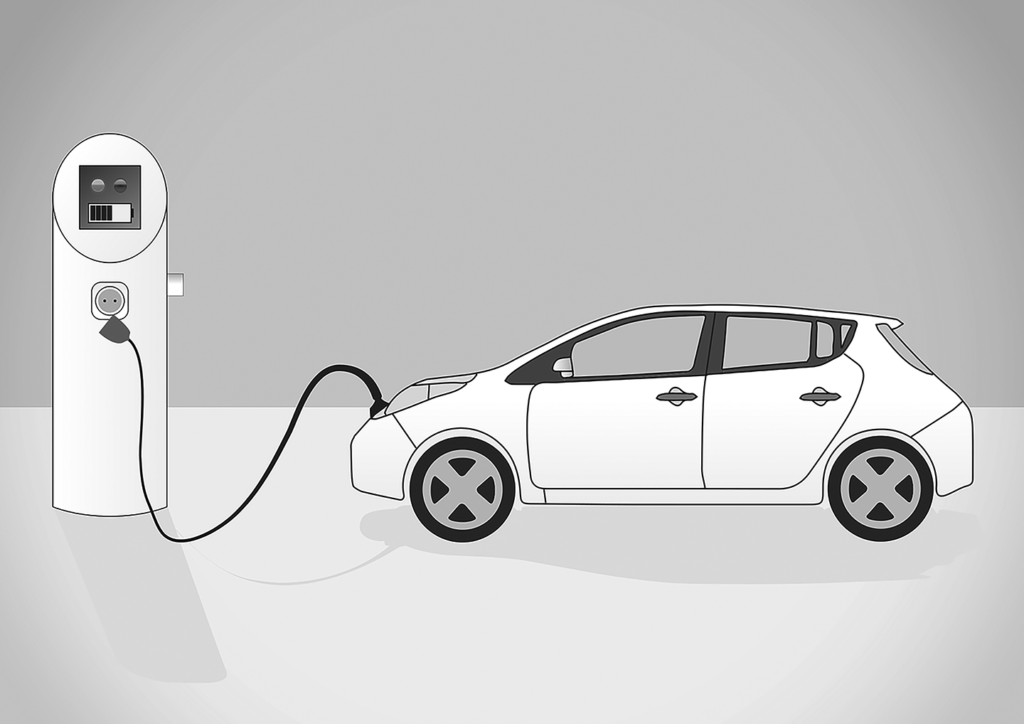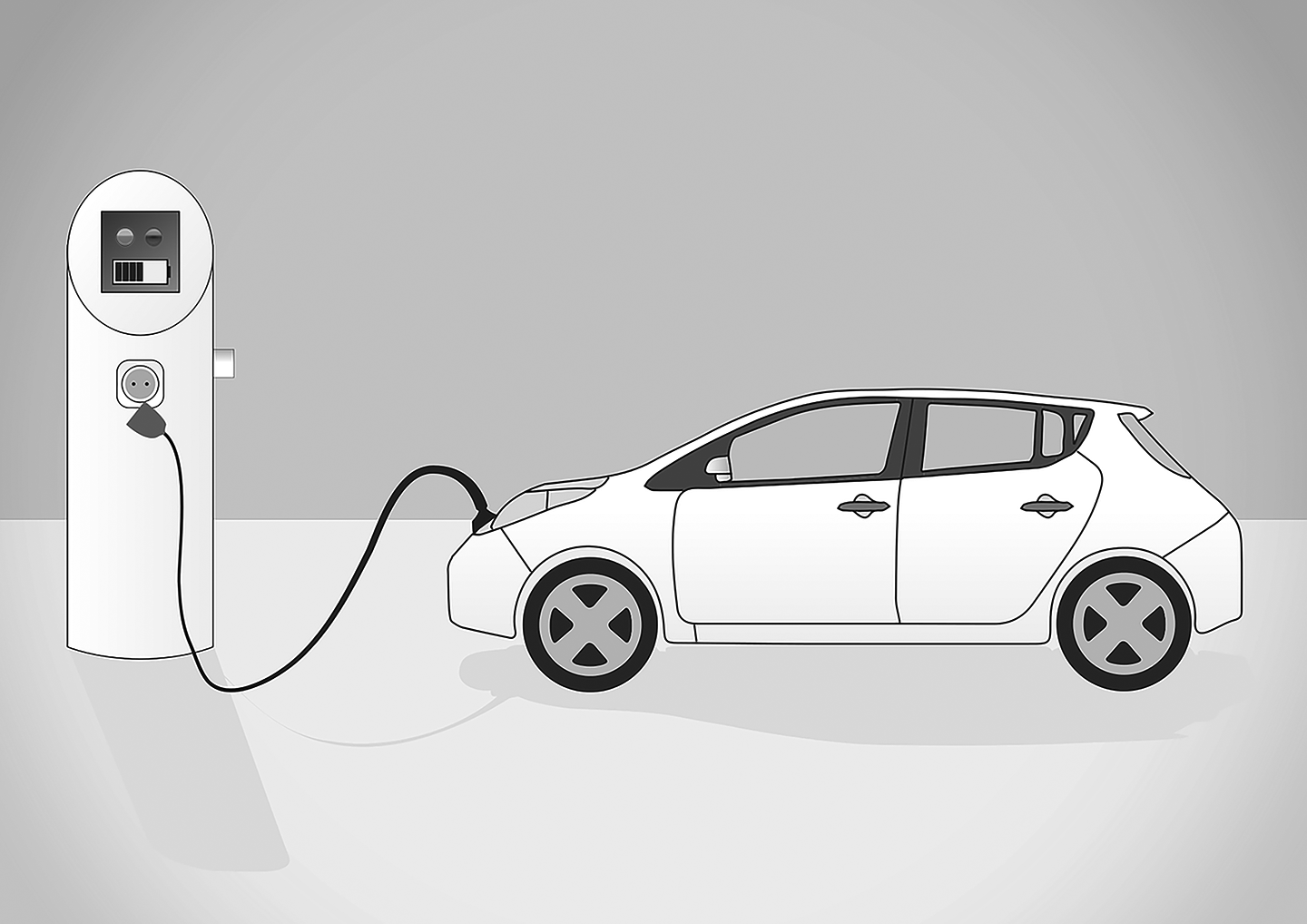By LEO ROBLES
Opinion Editor
Electric cars have been introduced to the public in the last four years as a promising solution to many of the environmental and economic challenges posed by traditional gasoline-powered vehicles.
Some of their most important advantages are the production of zero tailpipe emissions, reducing air pollution and greenhouse gases; they have lowered operating costs, since electricity is generally cheaper than gasoline; and they are quieter, contributing to less noise pollution in cities.
As renewable energy sources like wind and solar become more widespread, the environmental impact of electric vehicles will further diminish, making them an attractive choice for environmentally conscious consumers.
Despite their many advantages, based on the buyers themselves and also due to the critical impact of social media towards the vehicles, electric cars are still not as reliable as they need to be to fully replace gasoline vehicles for the average driver.
One of the key concerns is the issue of battery life and range. While battery technology has improved over the years, many electric cars still cannot match the range of gasoline vehicles on a single charge.
There have been multiple comments where drivers are constantly worried that they are going to run out of battery power and desperately have to find a charging station.
Throughout the areas, there are places where there is a lack of charging stations for these cars. Rural areas of less developed regions are the type of places were taking a car might not be a good idea. This makes electric cars less practical for long road trips or for drivers who don’t live near urban centers with charging networks.
Another significant issue is charging time. Even the fastest charging stations take much longer to recharge an electric car than it takes to refuel a gasoline vehicle.
A full charge can take anywhere from 30 minutes to several hours, depending on the type of charger and the car’s battery size. For drivers accustomed to spending just a few minutes at a gas station, this is a major inconvenience.
While home charging is an option for many, not everyone has access to a charging setup, especially those living in apartments or rental properties.
Reliability concerns also extend to the durability of electric car batteries. Although manufacturers provide warranties, the cost of replacing an electric vehicle’s battery after the warranty period can be highly expensive.
While electric motors have fewer moving parts and may be more mechanically reliable than combustion engines, the software and electronic systems in those vehicles introduce new potential points of failure.
These systems are critical for managing everything from battery temperature to autonomous driving features, and malfunctions can lead to costly repairs or leave drivers stranded.
Clearly not everyone may have the resources to maintain their electric car in good shape without having to worry about expensive repairs or a small disfunction that can cause a major problem.
Cold weather can also reduce the reliability of electric cars. In freezing temperatures, electric vehicle batteries lose efficiency, which can significantly reduce their range.
In regions with harsh winters, this makes electric cars less dependable for daily use, as their performance can fluctuate with the weather.
The electric vehicle market is still relatively young compared to gasoline cars, and manufacturers are working out upgrades in their designs.
Recalls and software issues are not uncommon as companies push to innovate and stay ahead of the competition.
Early buyers have faced frustrating glitches and reliability issues, which can erode consumer confidence.
While electric cars are undoubtedly a good idea from an environmental and long-term cost perspective, they are not yet reliable enough to fully replace gasoline vehicles for the average driver.
Range limitations, charging infrastructure, battery life, and issues related to cold weather or software malfunctions pose significant challenges.
As technology advances and infrastructure improves, these problems are likely to decrease, but for now, electric vehicles may not be practical for everyone.


